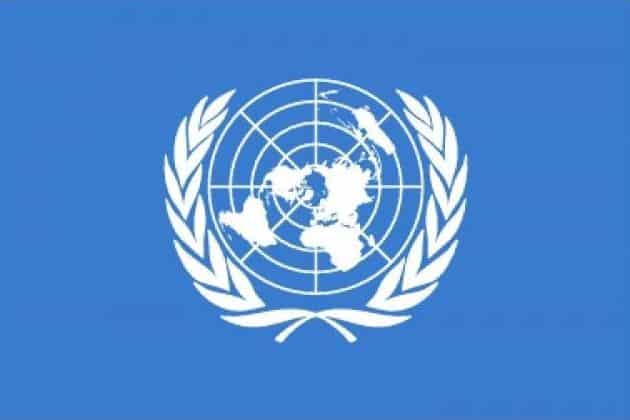The United Nations has decided to make the Dutch Travel Information Portal (TRIP) available to its member countries. TRIPS is used to track down terrorists and serious criminals by detecting their movements.
The Netherlands and the UN have signed an agreement to use the system, reports Tweakers. The detection system developed in the Netherlands analyses passenger name records (pnr) data. It follows the movements of terrorists and international criminals. The information will be available when booking tickets.
How exactly the system works is largely unknown. The central government states in a description that the system processes the reservation and departure control data that passengers provide to airlines. In total, there are nineteen pnr fields, which are supplemented by information from passengers and airlines.
The data collected by the Netherlands using TRIP are given to authorised customs employees. Data are not shared outside the EU.
Handover
The Travel Information Portal was handed over by Minister Blok of Foreign Affairs at the headquarters in New York. Prime Minister Mark Rutte and Dick Schoof, National Coordinator for Counterterrorism and Security, were present.
Blok also announced that the Netherlands would invest 15 million euros in the prevention of terrorism in 2018. 2.5 million of this will be used for capacity building in other countries to apply the Dutch investigation system. According to the central government, by sharing the system with UN countries, the Netherlands is making “an essential contribution to improving the global detection capacity of terrorists”.
Sharing the system is also part of one of the three Dutch priorities as a member of the UN Security Council to prevent insecurity. In addition, it is in line with the agreements in the coalition agreement that the Netherlands should make an effort to bring ISIS fighters to justice. “No trial without investigation,” said Blok.
This news article was automatically translated from Dutch to give Techzine.eu a head start. All news articles after September 1, 2019 are written in native English and NOT translated. All our background stories are written in native English as well. For more information read our launch article.